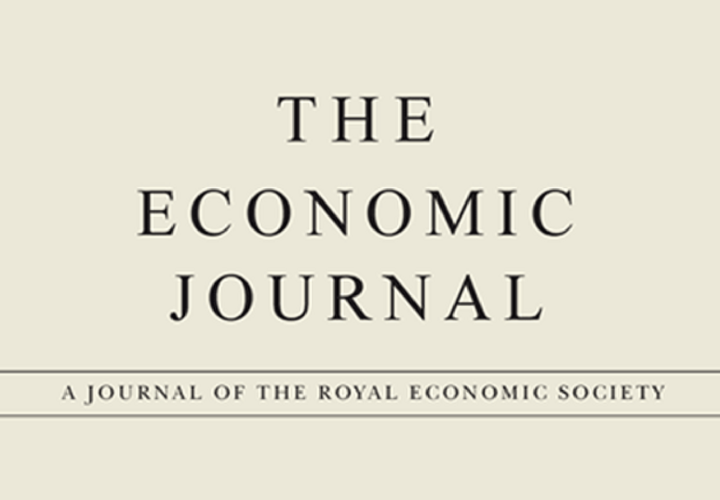Journal Publication
Education Quality and Teaching Practices
Bassi, Marina, Costas Meghir and Ana Reynoso. 2020. "Education Quality and Teaching Practices." The Economic Journal 130, no. 631: 1937–1965.

Bassi, Marina, Costas Meghir and Ana Reynoso. 2020. "Education Quality and Teaching Practices." The Economic Journal 130, no. 631: 1937–1965.